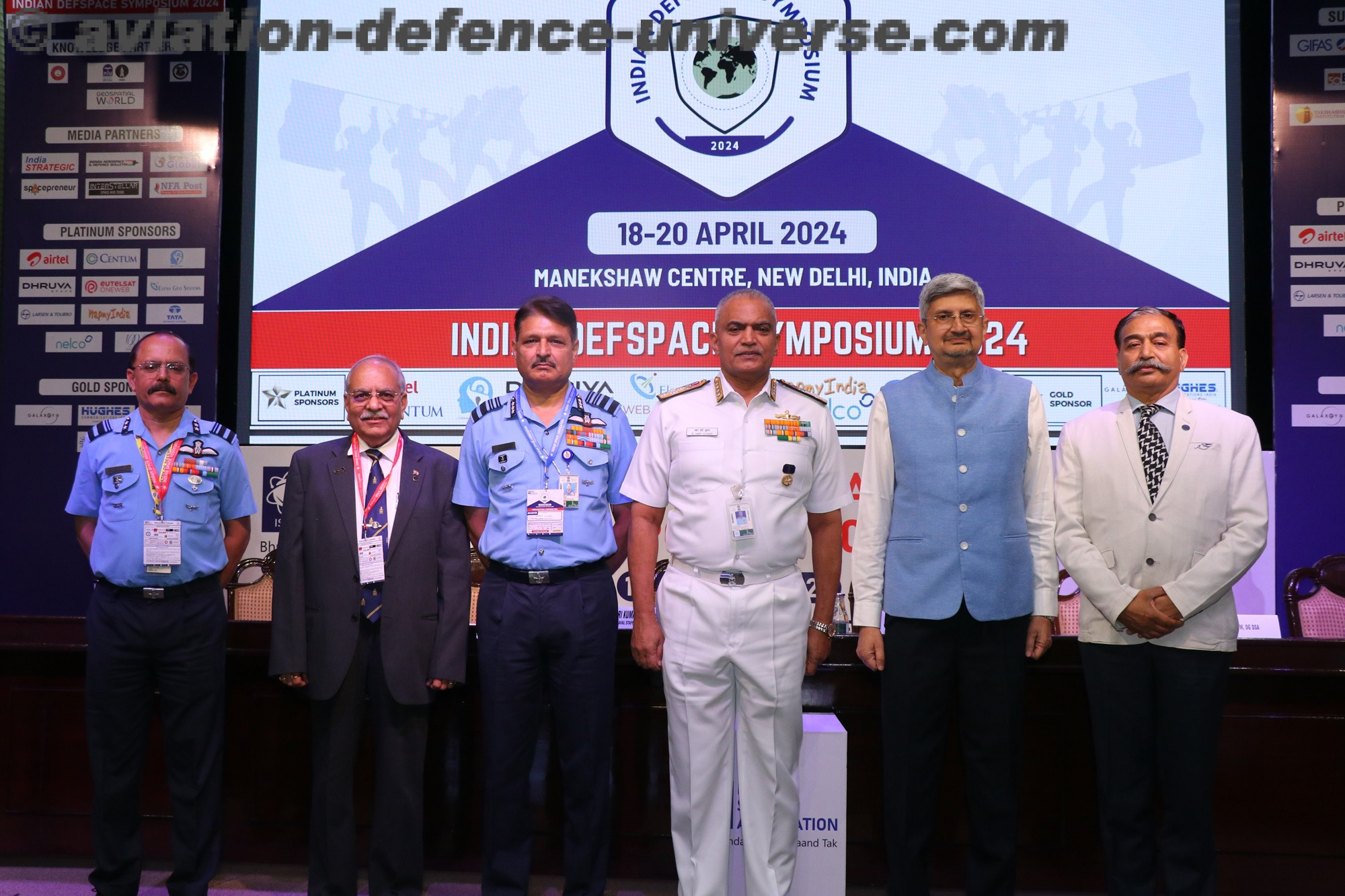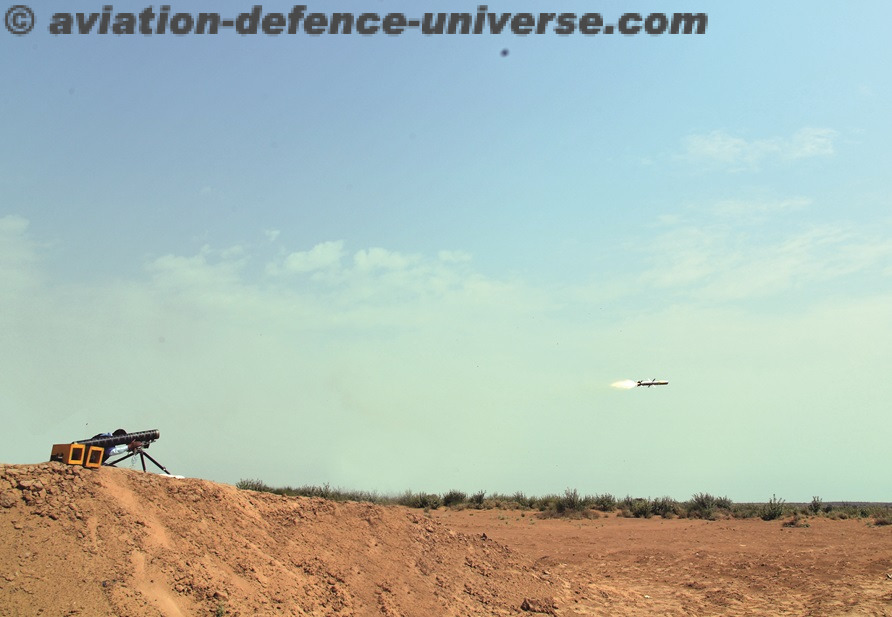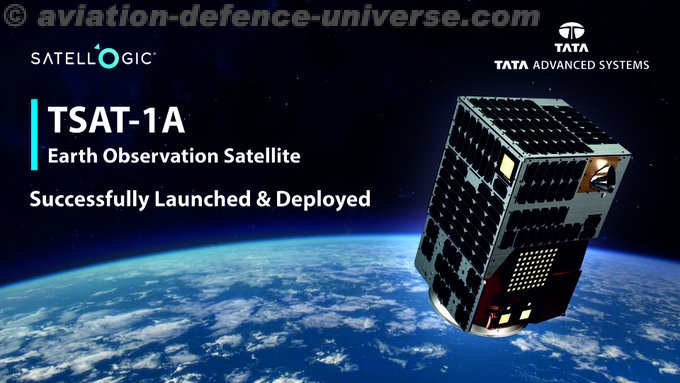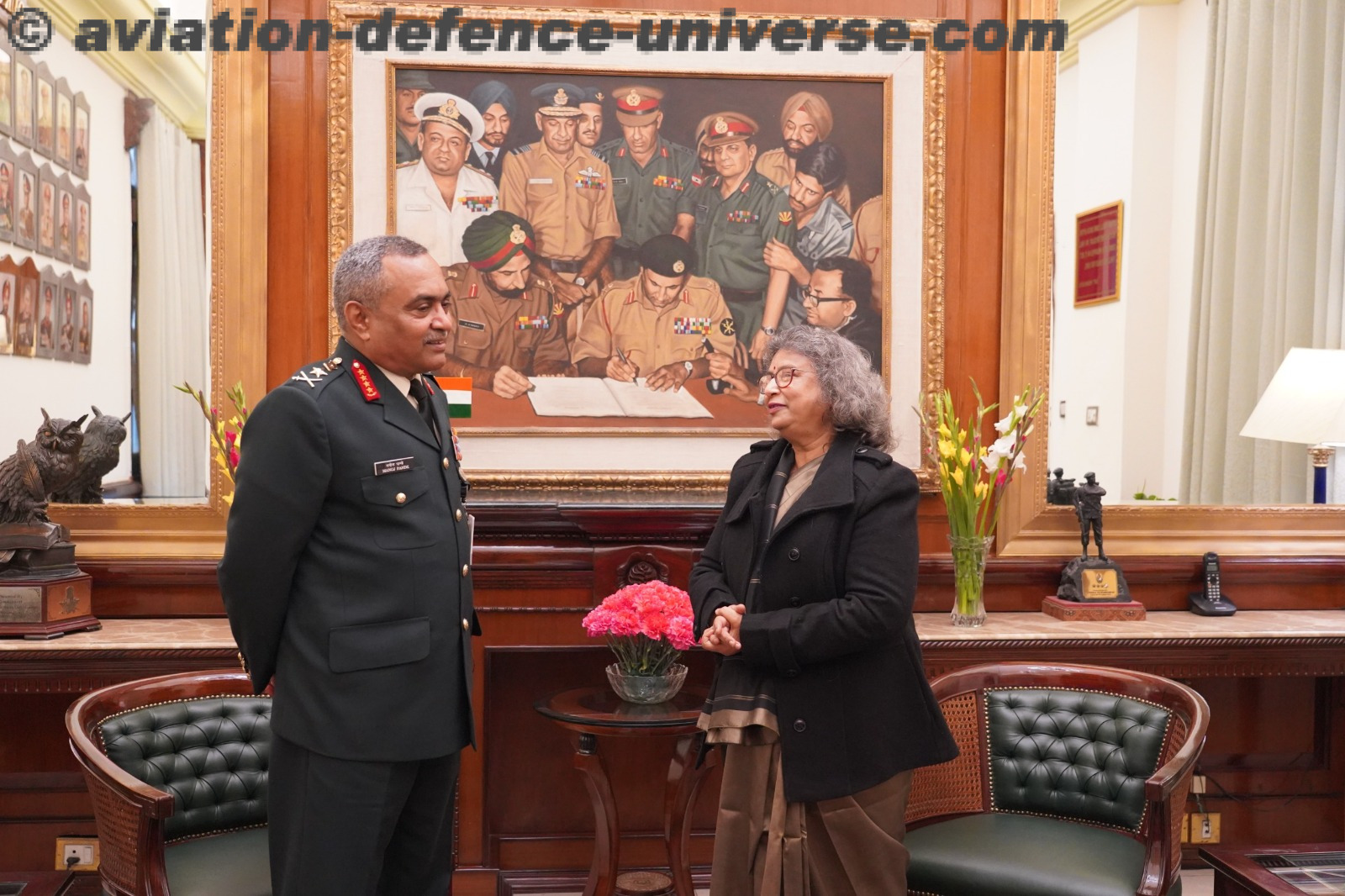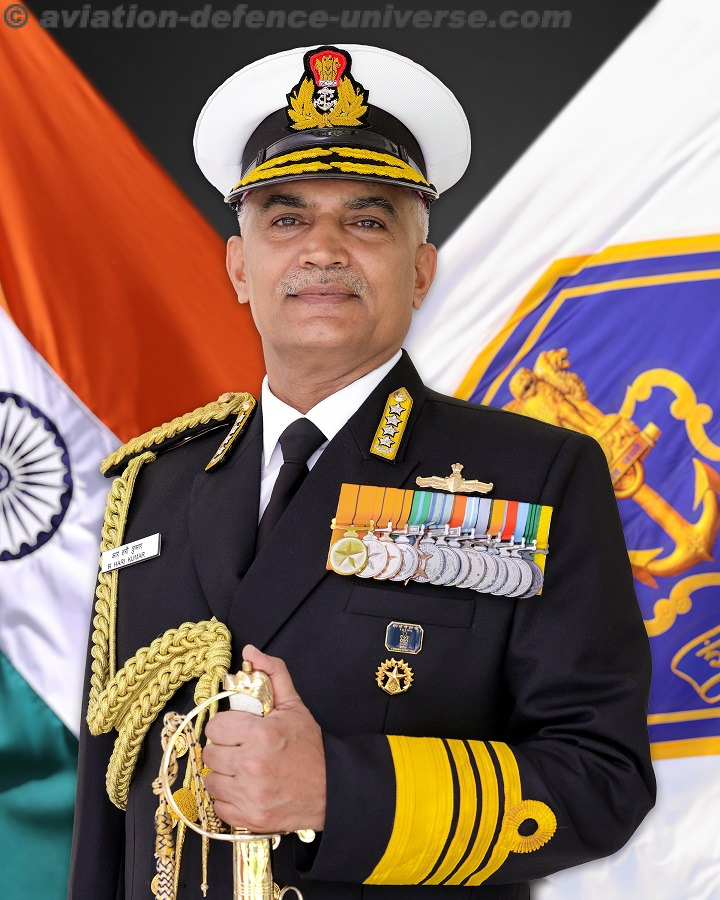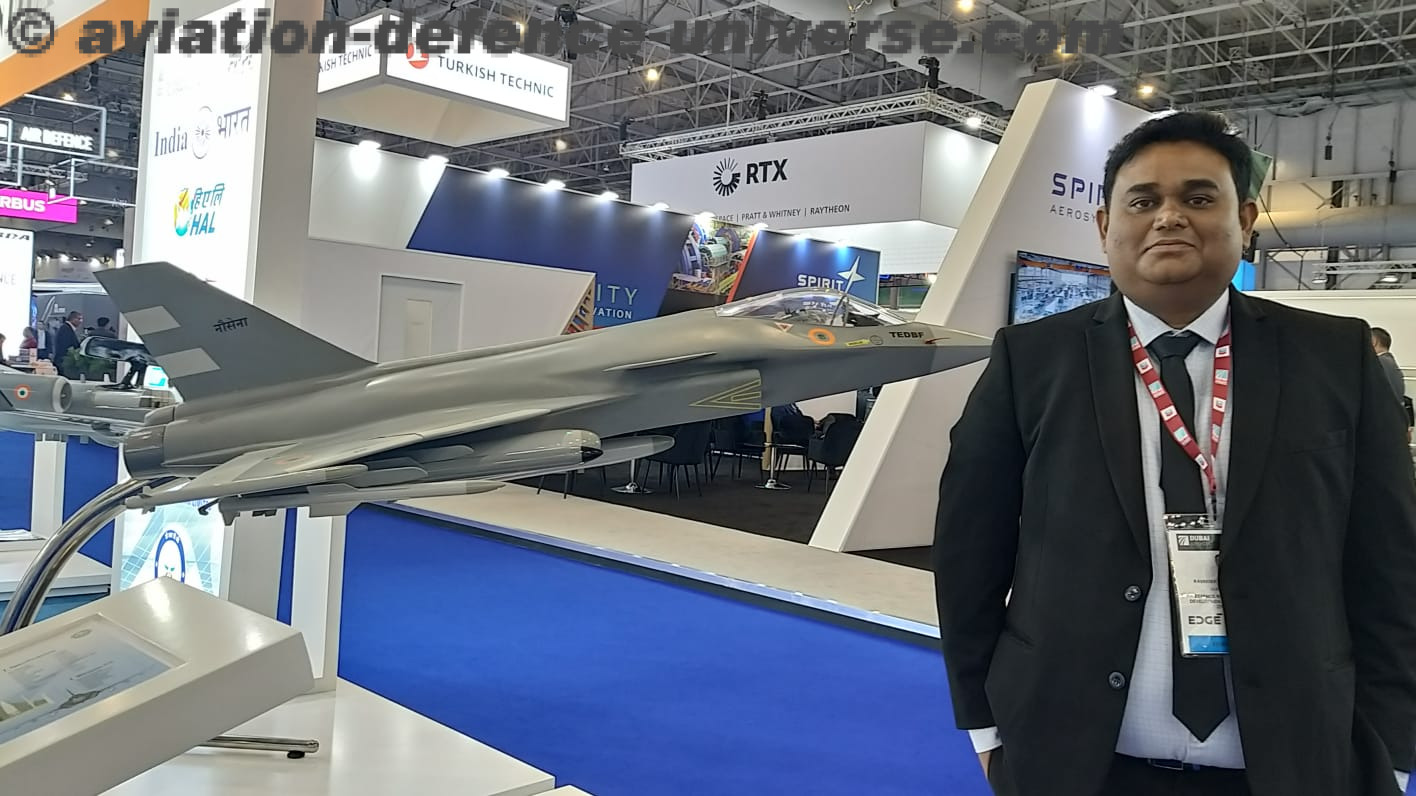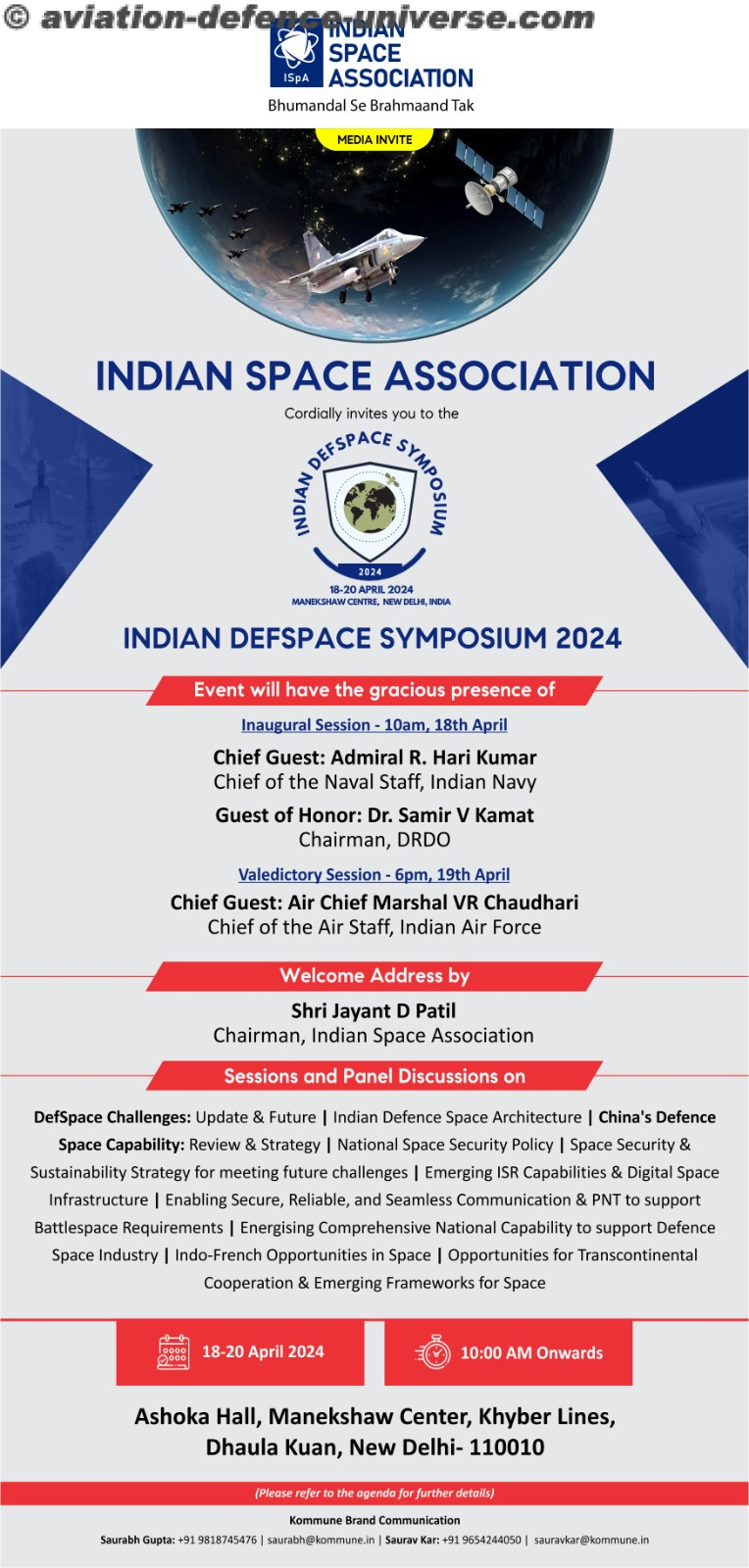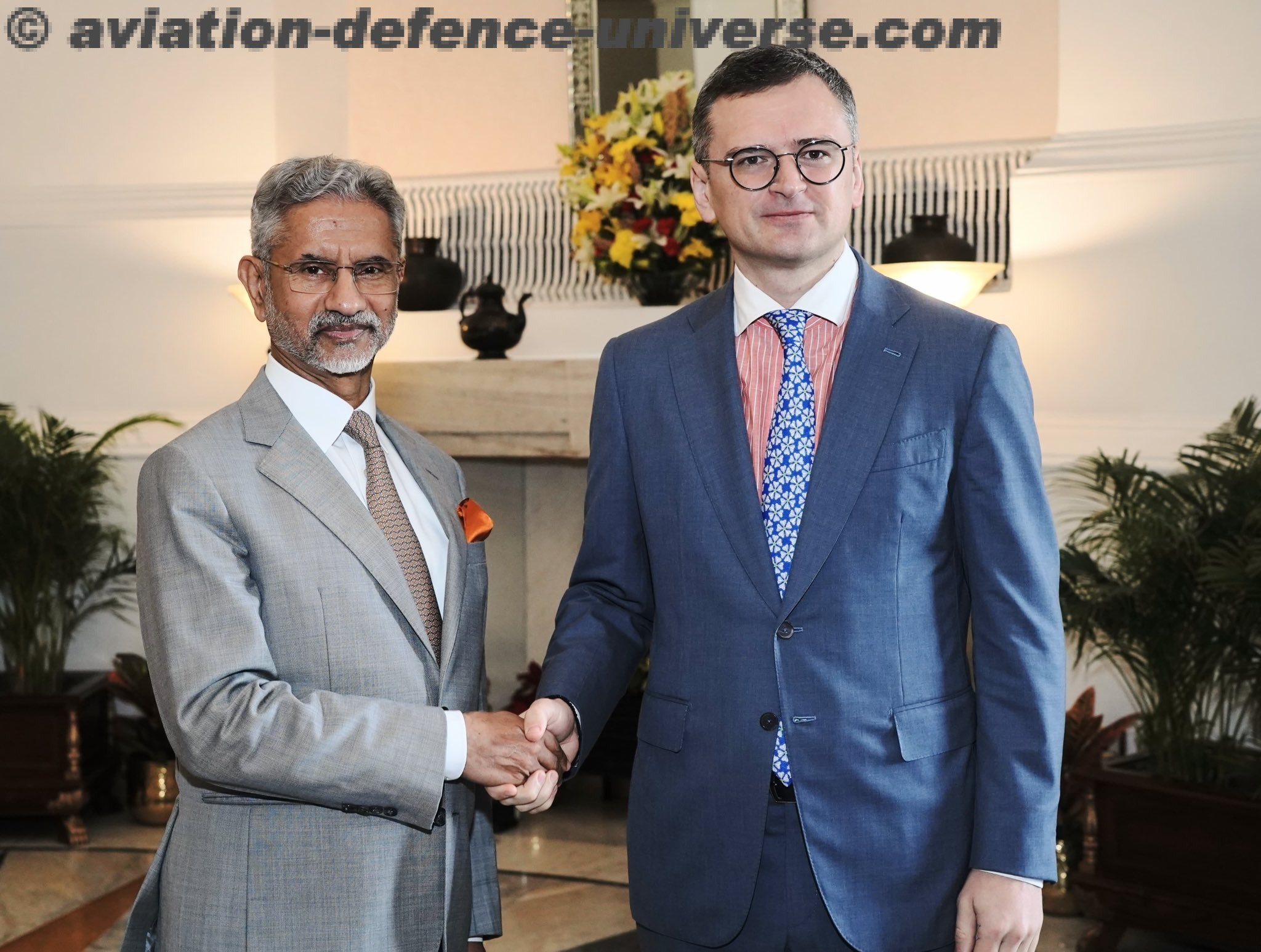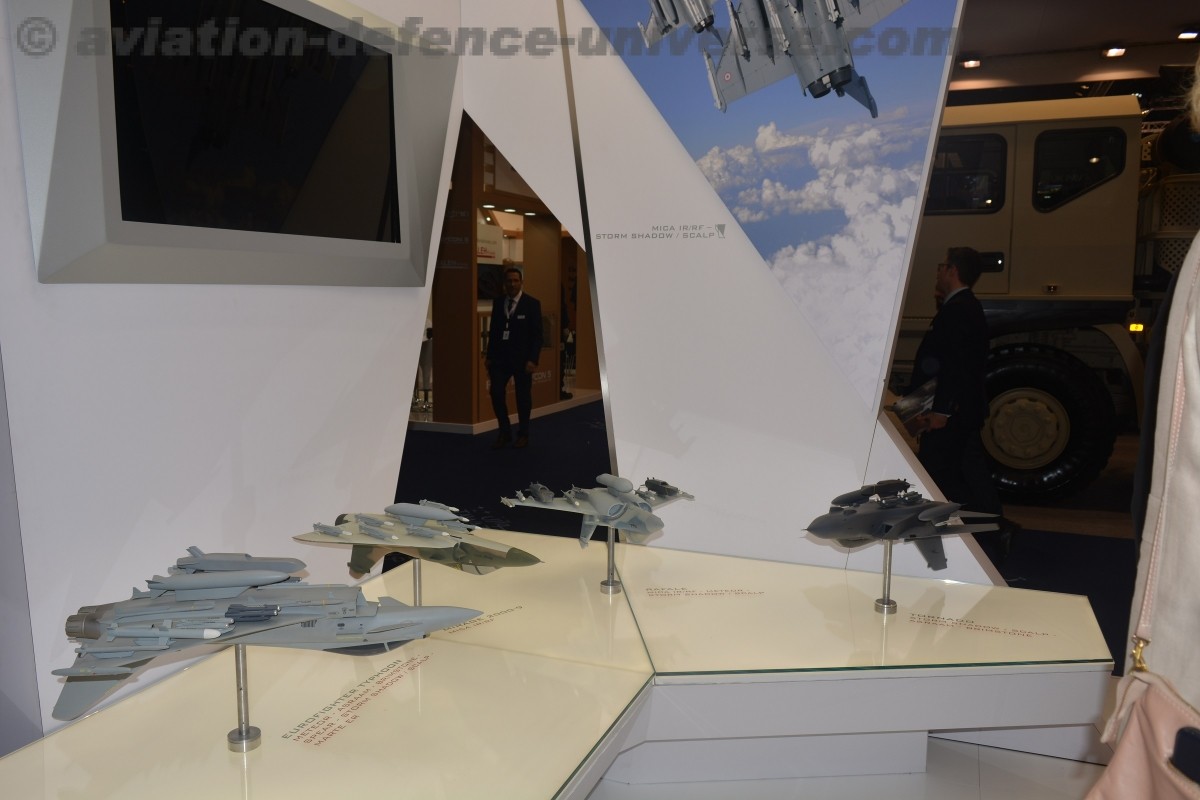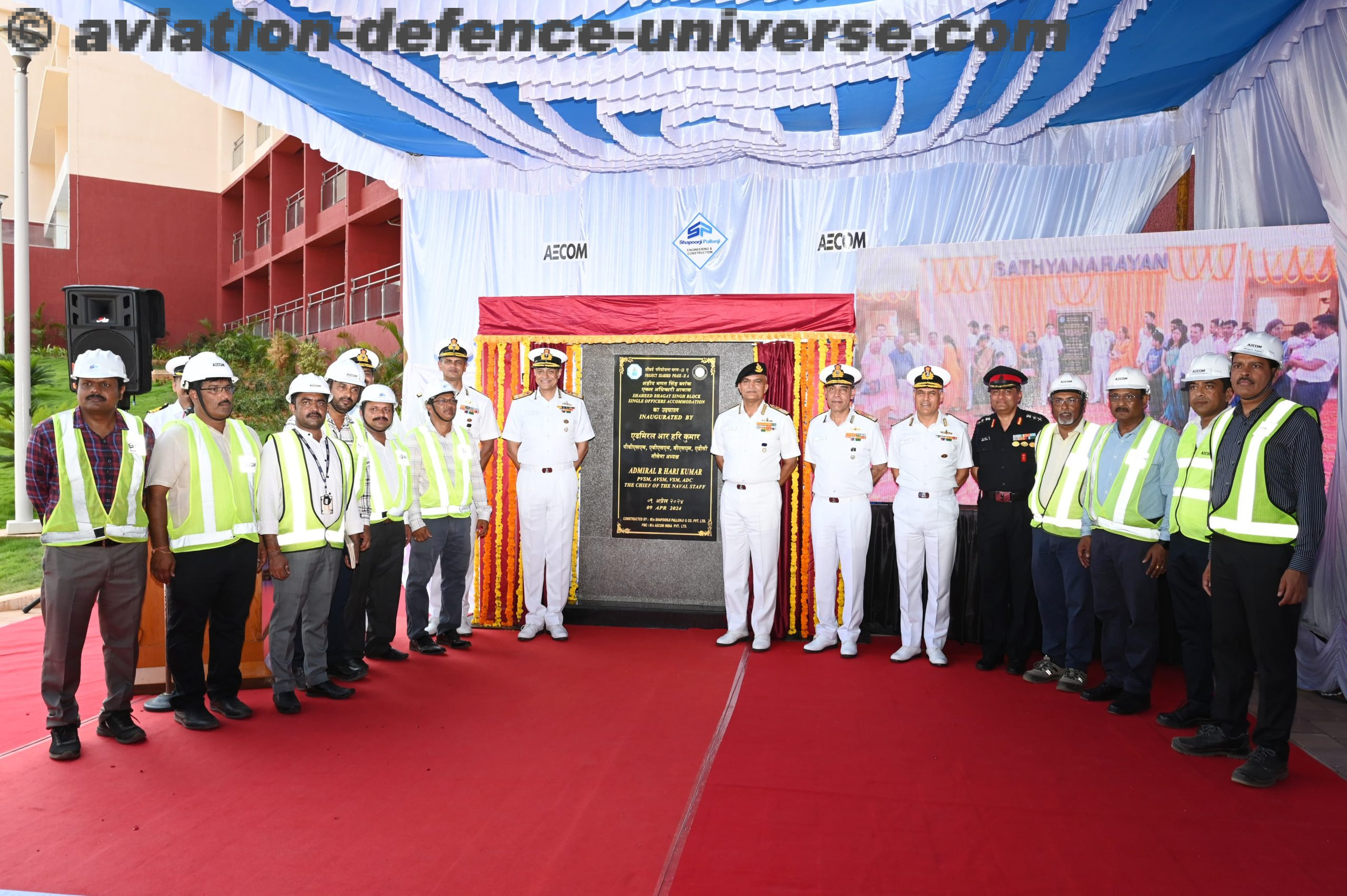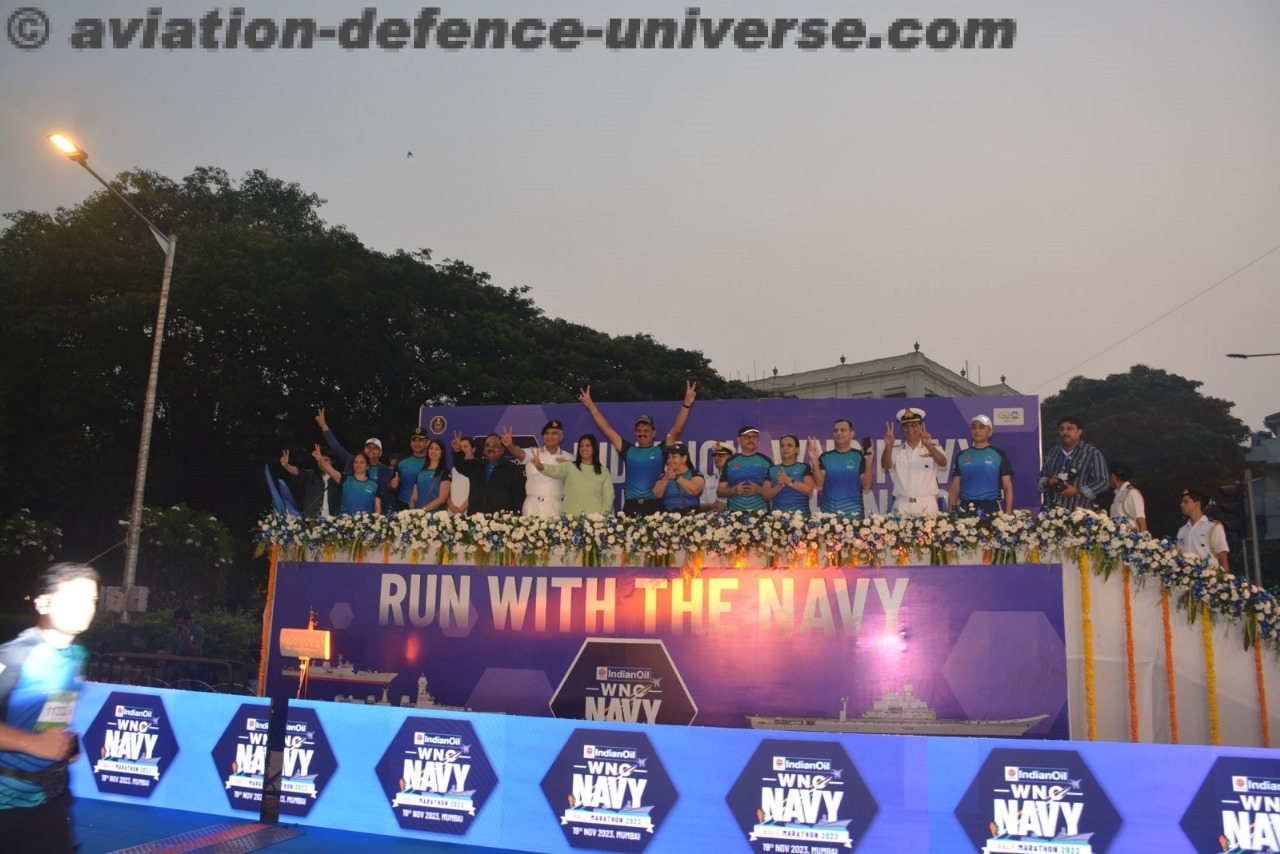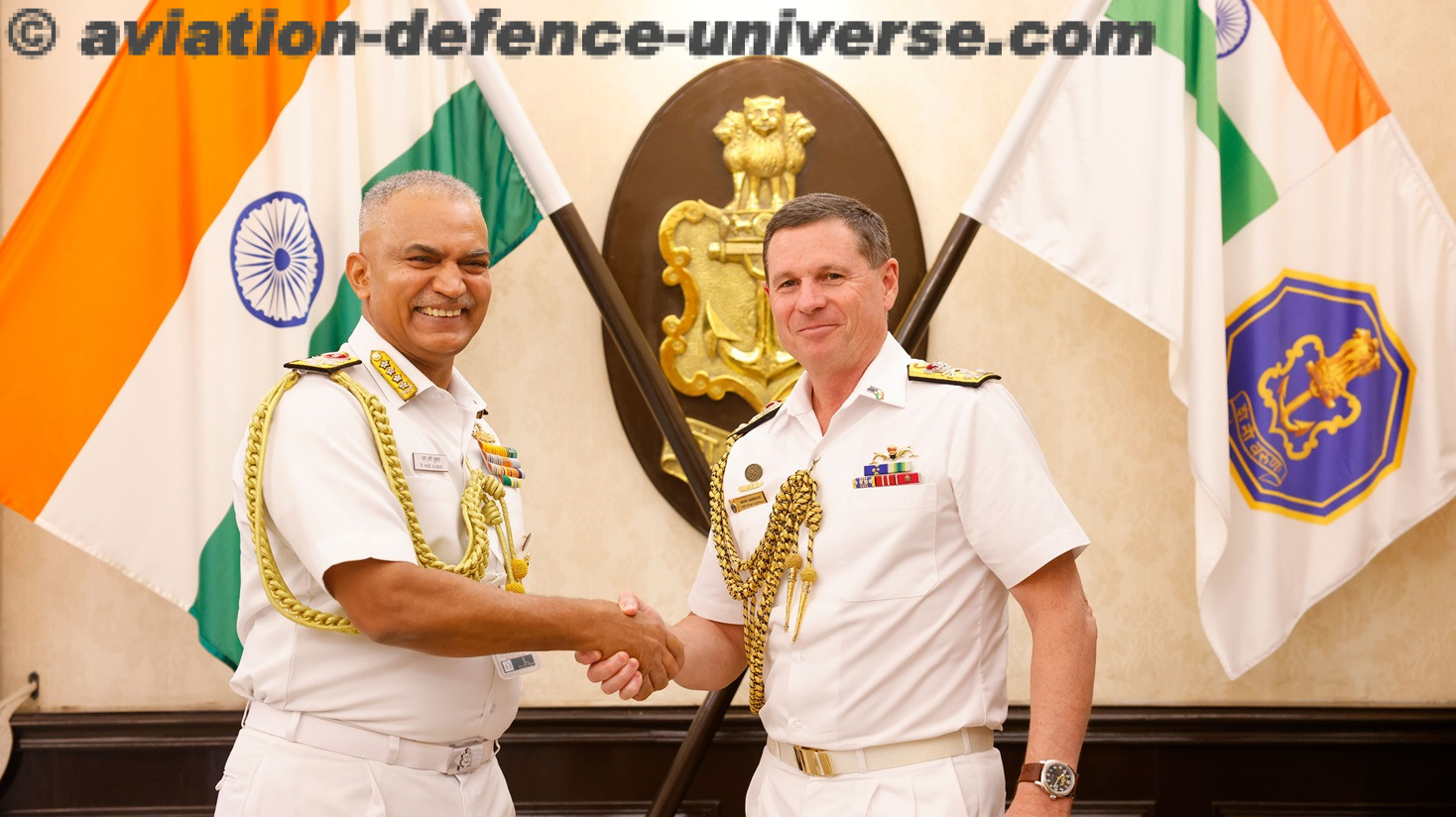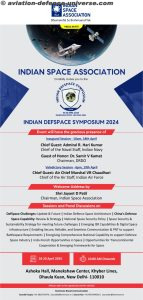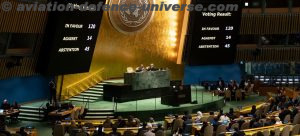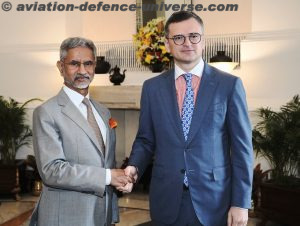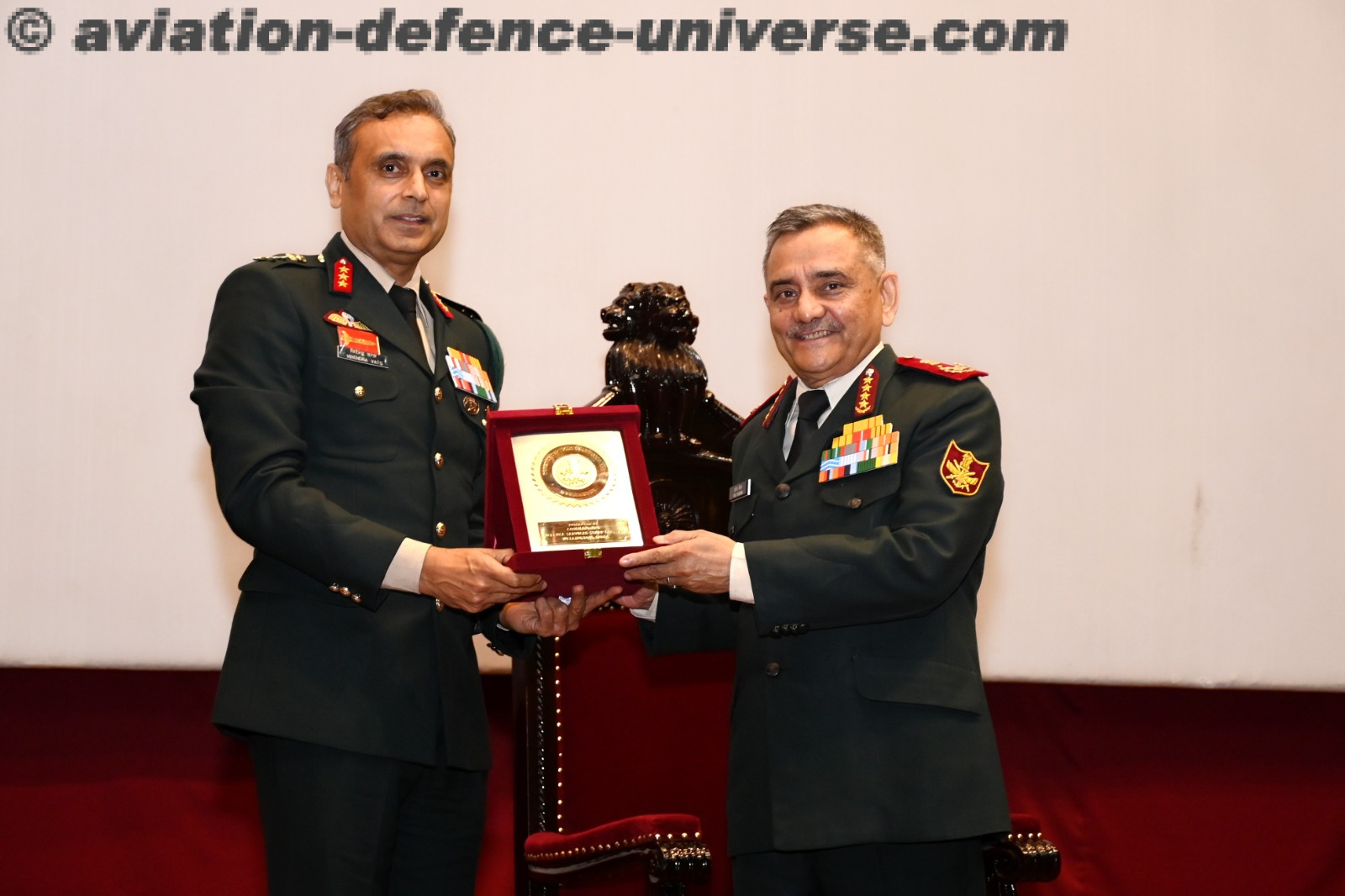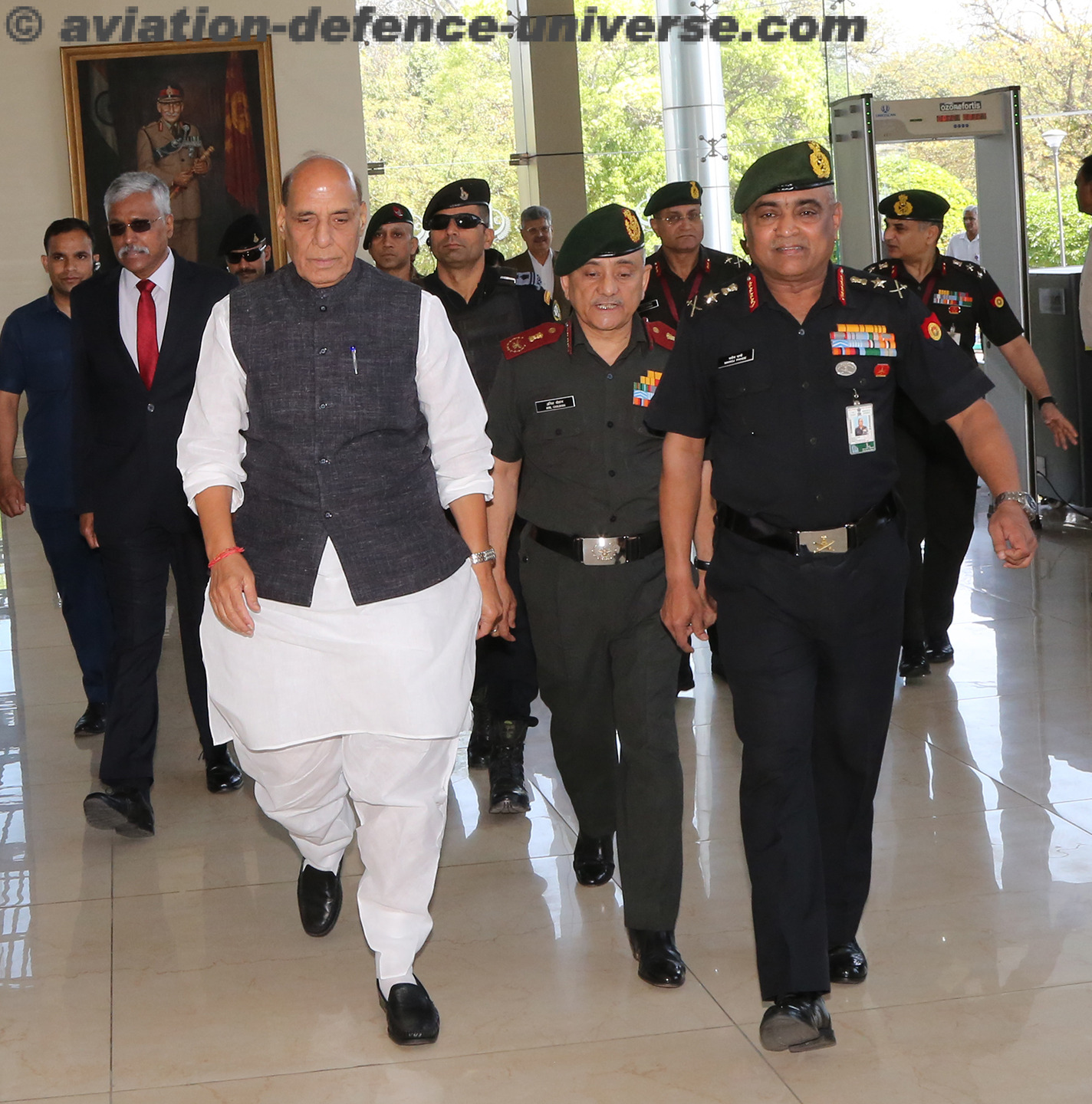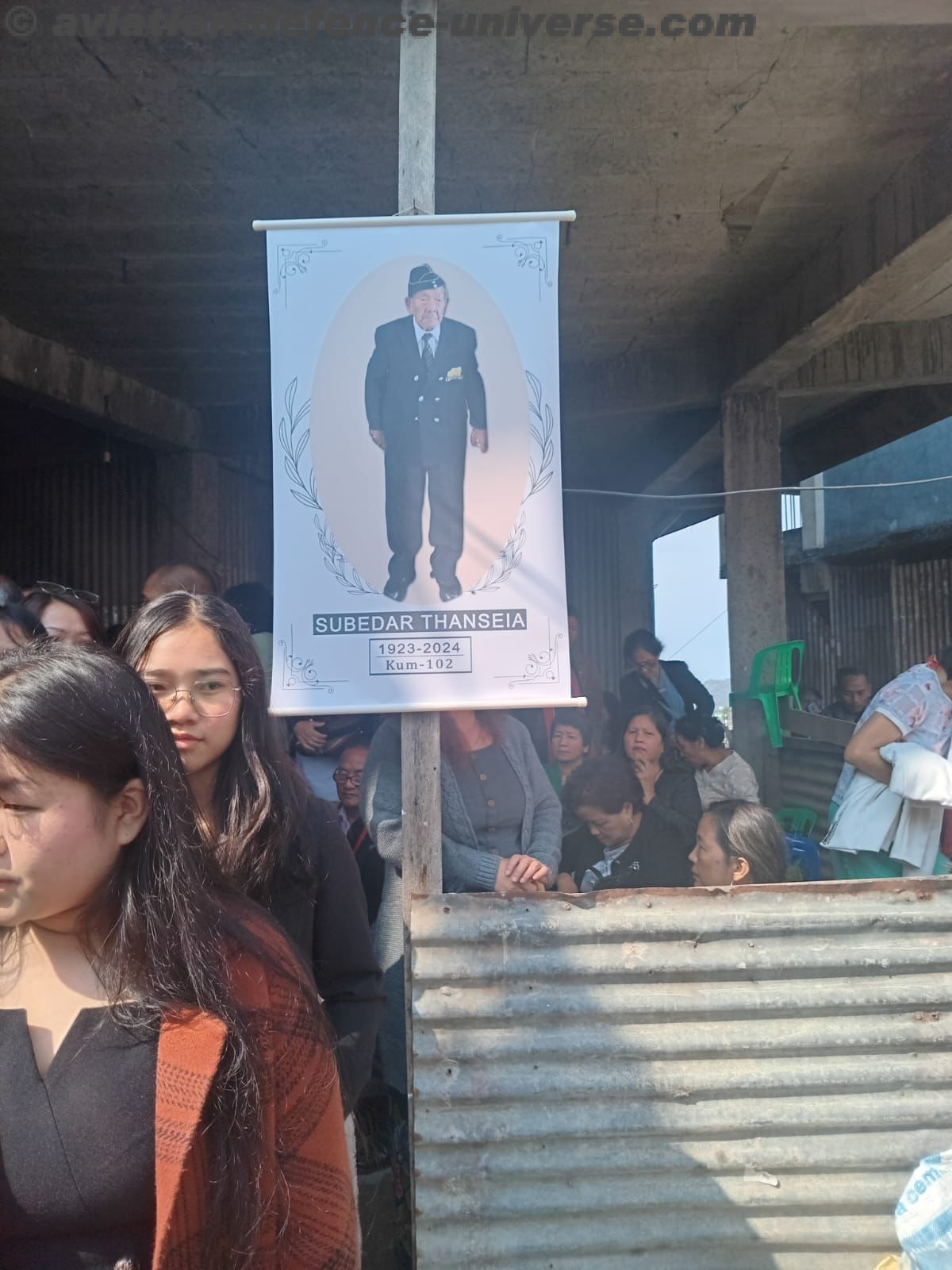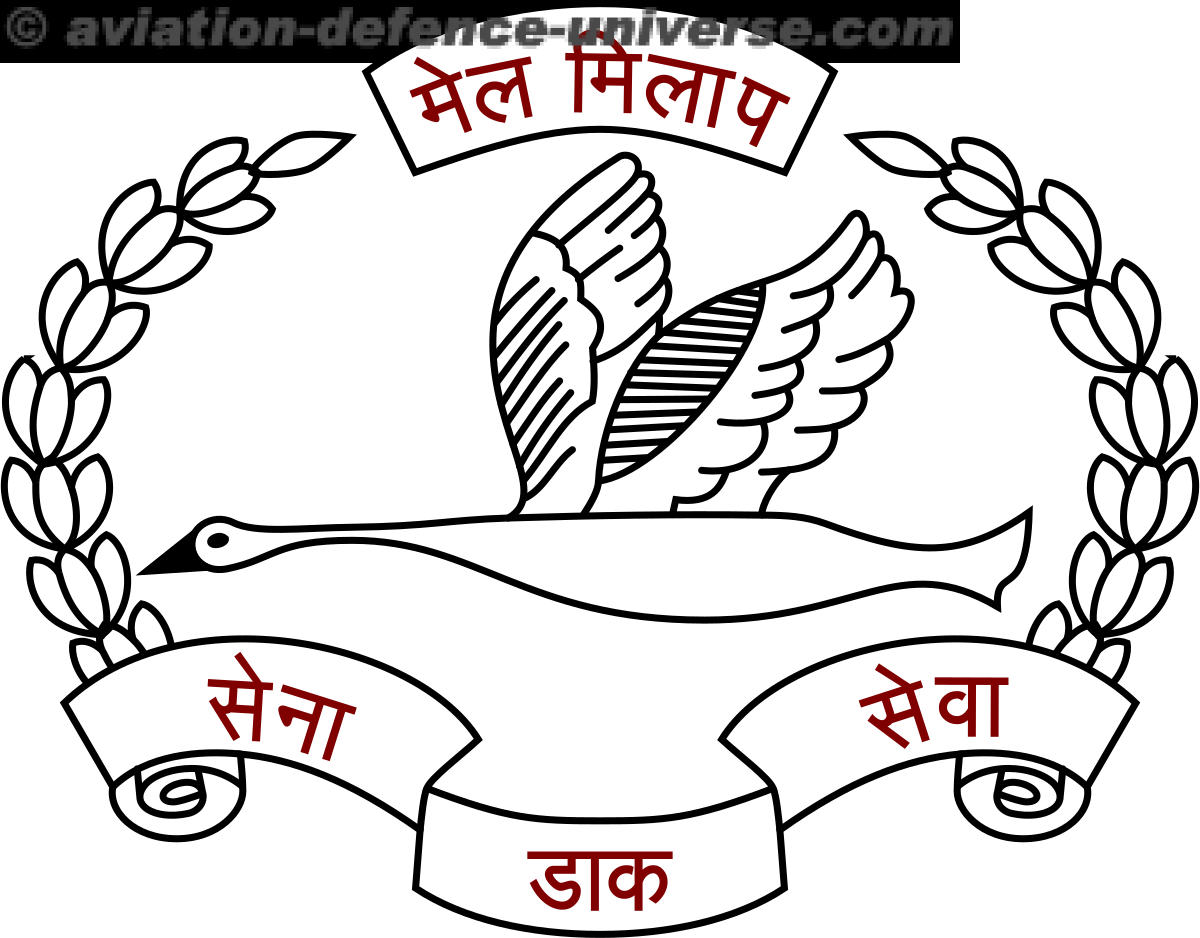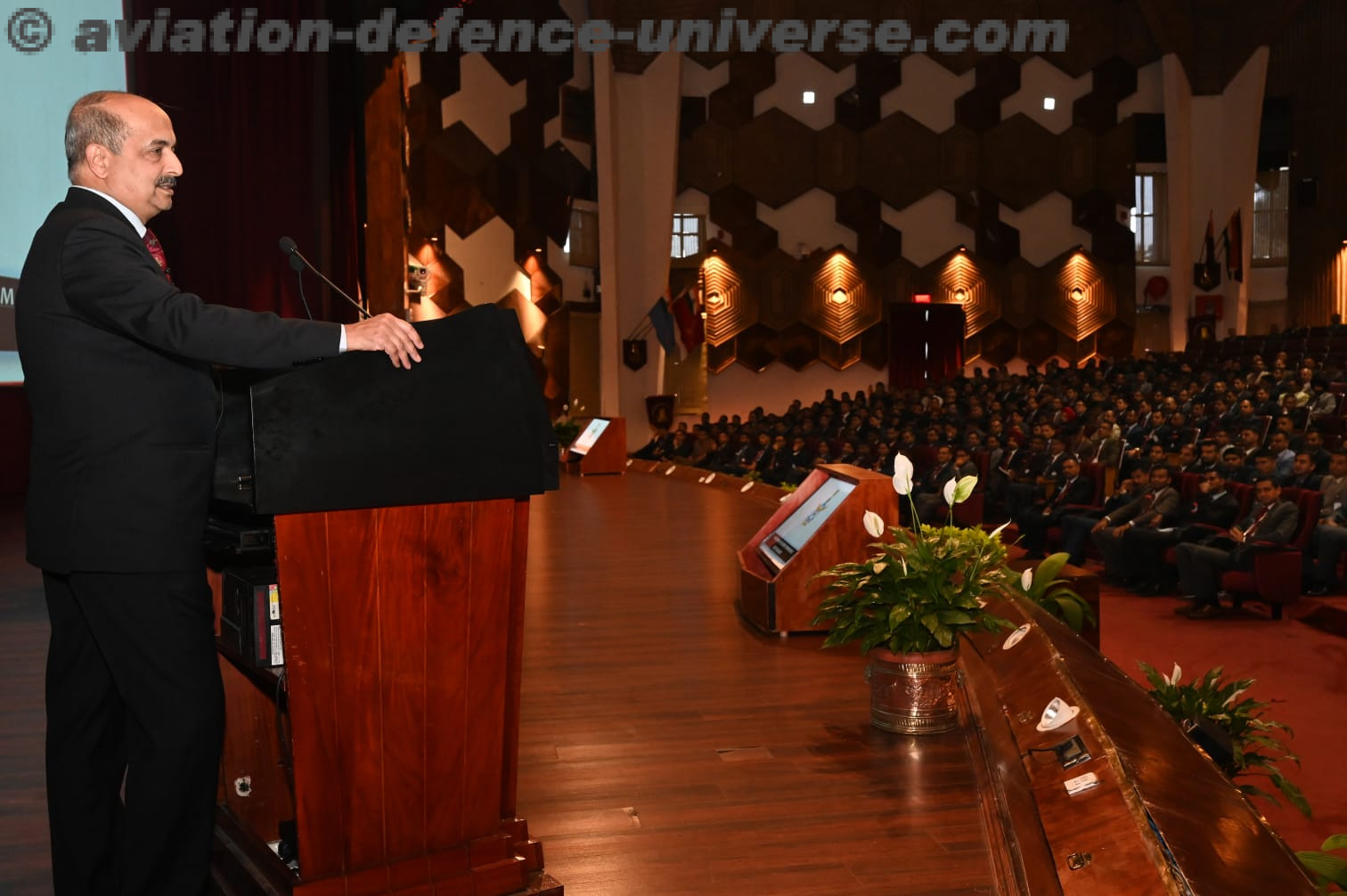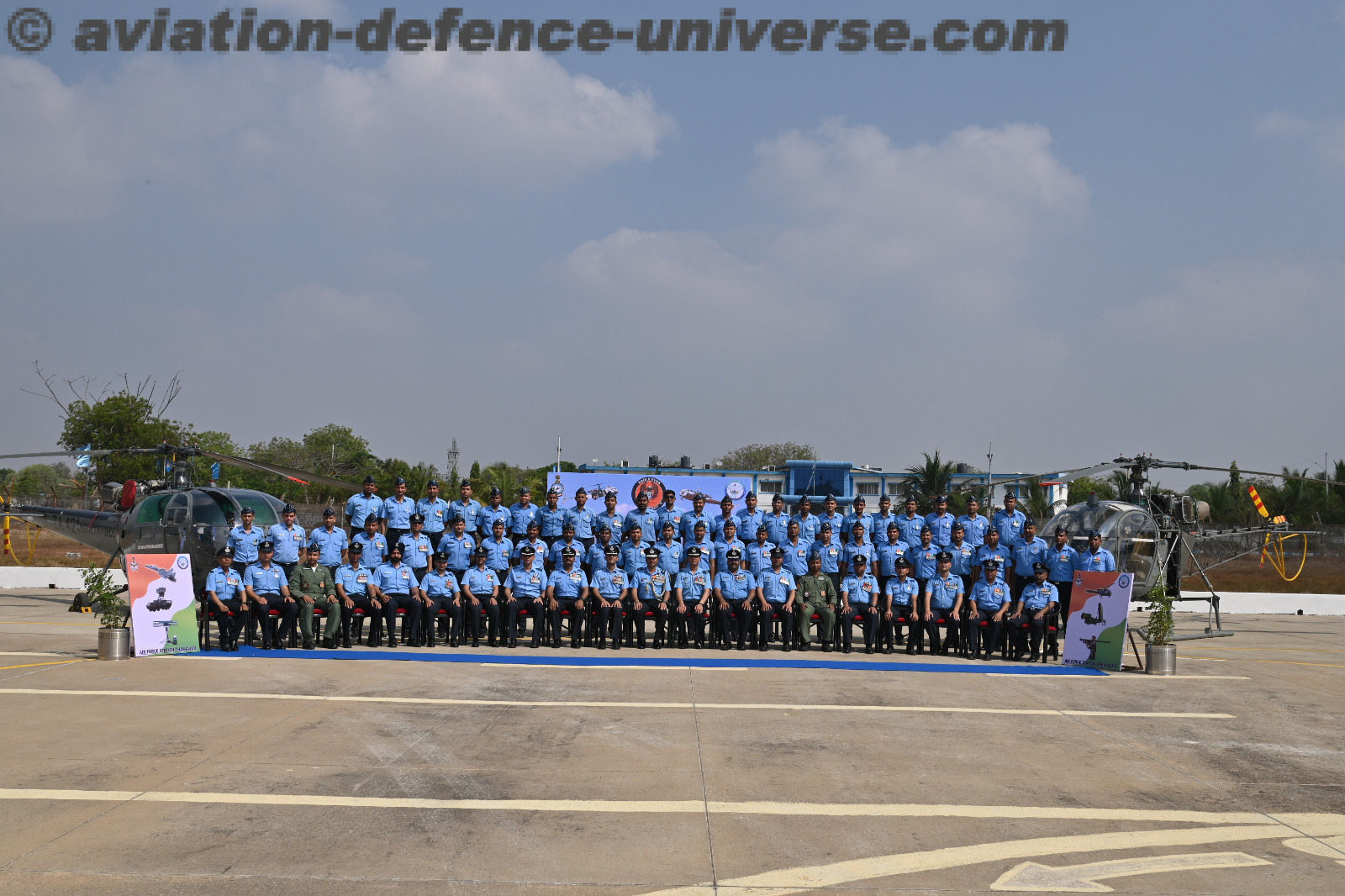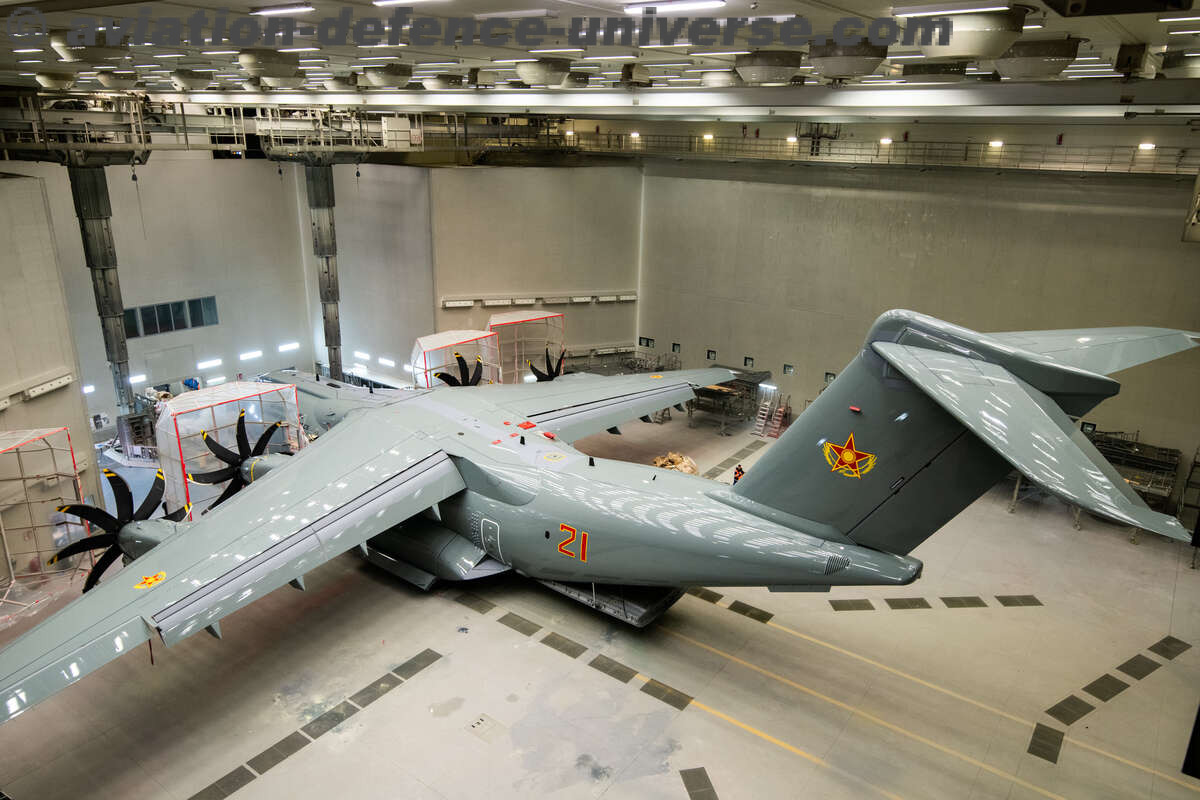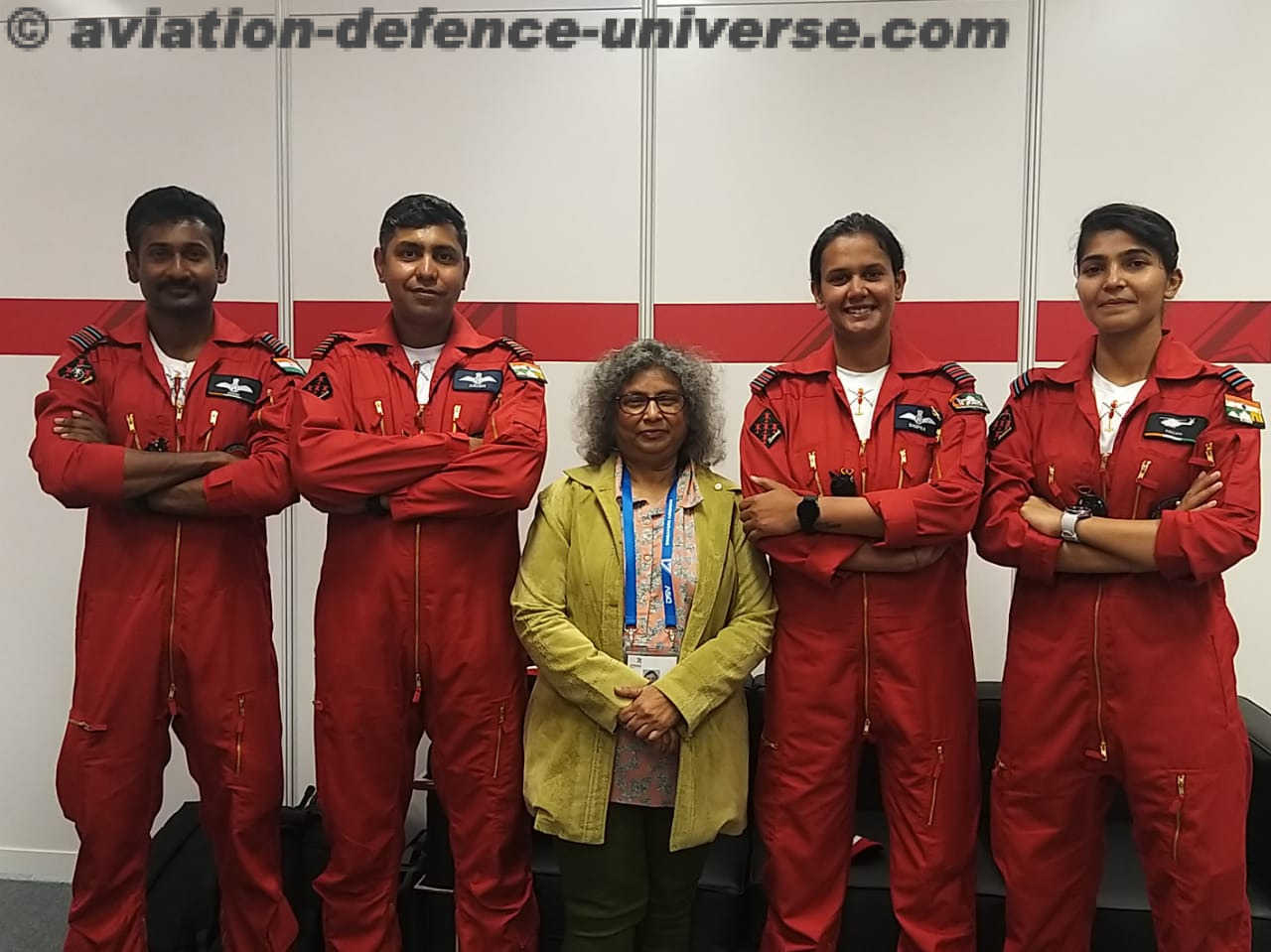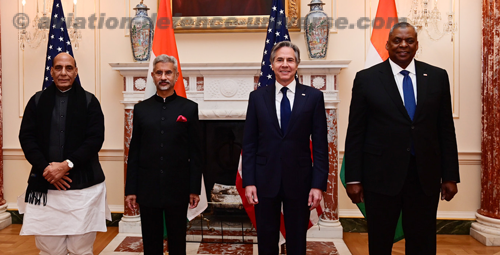
New Delhi. 11 April 2022. This was a new stance in an Indo-US dialogue in recent times. China is not the only threat. “As strategic threats converge, especially following the Russia’s invasion of Ukraine, it is more important than ever, that we stand together to defend our shared values, and to preserve the international rules-based order,” US Secretary for State reiterated.
He and Secretary of Defense Lloyd J. Austin III hosted their Indian counterparts, and Minister of External Affairs S. Jaishankar and Defence Minister Rajnath Singh for the fourth Ministerial Dialogue between the two countries. The stage was set by a teleconference meeting between President Joe Biden and Prime Minister Narendra Modi .
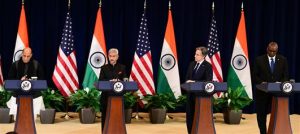
Austin announced that the U.S. and India will launch new defense space exchanges this year between U.S. Space Command and India’s Defense Space Agency. The two defense establishments are also deepening cooperation in cyberspace, including through training and exercises later this year and expanding information sharing partnership across all warfighting domains.
The U.S.-India defense trade and technology cooperation continues to grow, the secretary said. “We recently concluded, an agreement to work together on air-launched unmanned aerial vehicles through our defense technology and trade initiative. And today, we agreed to launch new supply chain cooperation measures that will let us more swiftly support each other’s priority defense requirements. That is forging important and new ties between our defense industrial bases. We’re doing all this because the United States supports India as a defense industry leader in the Indo-Pacific, and a net provider of security in the region,” said Austin.
Both democracies are worried about the People’s Republic of China, which seeks “to refashion the region, and the international system more broadly, in ways that serve its interests,” Austin said. “So, I’m pleased that we’ve identified new opportunities to extend the operational reach of our militaries, and to coordinate more closely together across the expanse of the Indo-Pacific.”

He welcomed India’s decision to join the Combined Maritime Forces based in Bahrain. This is a multinational partnership designed to uphold the rules-based international order by countering non-state actors on the high seas. Secretary Austin and his counterparts exchanged views on a range of regional security priorities—spanning the Indian Ocean region to East and Southeast Asia to Europe. They agreed to maintain close consultations on the ongoing crisis in Ukraine, including on humanitarian assistance efforts, and echoed support for an independent investigation into the brutal violence deployed against civilians in Bucha. In support of India’s leading role as a net security provider, the leaders discussed new opportunities to coordinate more closely together to ensure that the United States and India’s shared vision for a free and open Indo-Pacific region continues to thrive.
During their discussions, the four leaders forged new and deeper cooperation across the breadth of the U.S.-India partnership, including defense, science and technology, trade, climate, public health, and people-to-people ties. Bound by common strategic interests and an abiding commitment to the rules-based international order, they agreed to continue charting an ambitious course in the U.S.-India partnership.
As the Indian military emerges as a more jointly integrated force, the 2+2 Ministerial advanced initiatives that will allow the U.S. and Indian militaries to work more seamlessly together across all domains of potential conflict—from the seas to cyberspace. The United States and India finalized major bilateral initiatives on information-sharing, liaison exchanges, and joint service engagements to support high-end, combined operations.
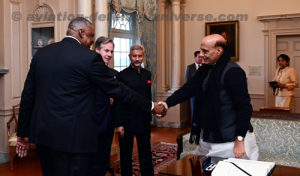
The four leaders committed to deepening cooperation in new defense domains, such as space and cyberspace, as the U.S. and Indian militaries jointly meet the challenges of this century. The United States and India signed a Space Situational Awareness arrangement, which lays the groundwork for more advanced cooperation in space. They also agreed to launch an inaugural Defense Artificial Intelligence Dialogue, while expanding joint cyber training and exercises.




